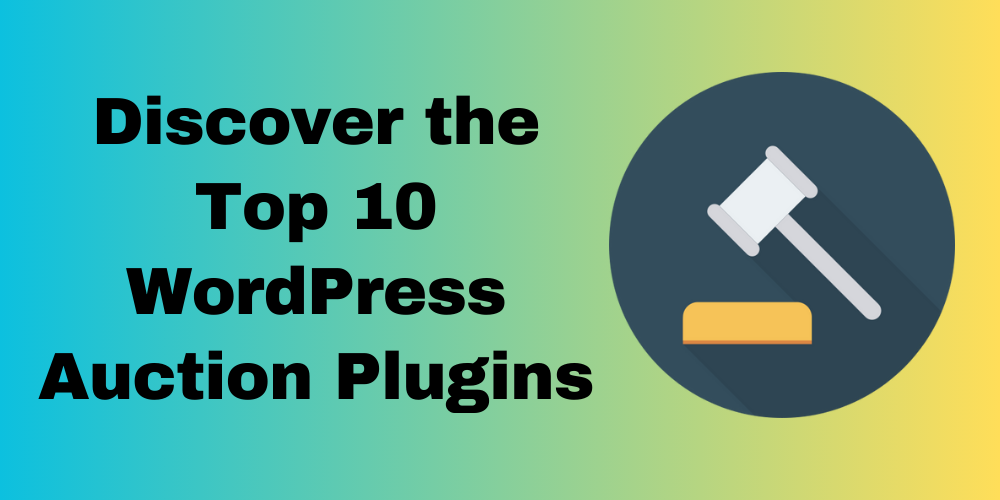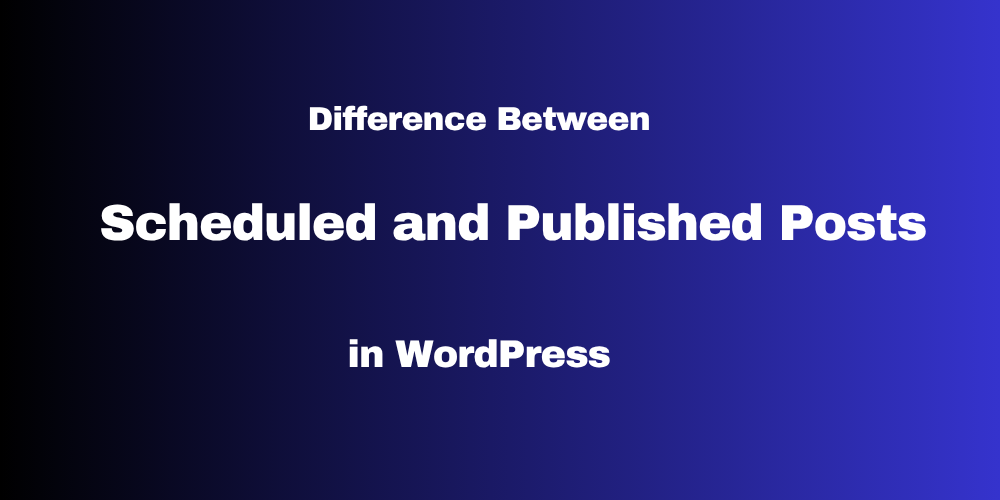Table of Contents Overview Ultimate Auction Pro Auctions Made Easy for WooCommerce Auctions for WooCommerce…
How to Make Your WordPress Theme SEO-Friendly

Table of Contents
- Overview
- Choose an SEO-Friendly Theme
- Use Proper Heading Tags (H1, H2, H3)
- Optimize Images with Alt Text
- Implement Schema Markup
- Improve Mobile Friendliness
- Improve Site Speed
- Use Clean and Optimized Code
- Implement Internal Linking
- Enable Breadcrumbs
- Use an SEO Plugin
- Conclusion
- FAQ
Overview
If you want your website to rank high on search engines, optimizing your WordPress theme is a crucial step. A well-optimized theme helps improve your SEO efforts and ensures that your content reaches the widest audience possible. Here are essential tips on how to make your WordPress theme SEO-friendly and boost your site’s search engine ranking.
1. Choose an SEO-Friendly Theme
The foundation of SEO starts with the right theme. Look for a theme that is responsive, fast, and coded cleanly. Themes optimized for SEO help you avoid issues that can harm your search engine ranking, such as slow load times or unstructured code.
Key Features to Look For:
- Fast page load times
- Mobile responsiveness
- Clean and optimized code
- Compatibility with SEO plugins like Yoast SEO or RankMath
2. Use Proper Heading Tags (H1, H2, H3, etc.)
Heading tags (H1, H2, H3, etc.) are crucial for organizing your content and helping search engines understand the structure of your page.
- H1 tag: Your page or post title should always be in an H1 tag. This tells search engines what your page is about.
- H2 and H3 tags: Use these for subheadings to break up the content and make it easier for both search engines and readers to follow.
Tip: Avoid using multiple H1 tags on a single page. It’s important to have one clear H1 tag for optimal SEO.
3. Optimize Images with Alt Text
Images enhance user experience and SEO. However, they can slow down your page if not optimized.
- Alt text: Always add descriptive alt text to images. This helps search engines understand what the image is about, improving the chances of your images appearing in image search results.
- Image size: Compress your images to reduce file size without sacrificing quality. This improves your page’s load speed.
How to Add Alt Text:
When adding an image to your post, make sure to include a keyword-rich description in the “Alt Text” field.
4. Implement Schema Markup
Schema markup is a type of code that helps search engines better understand the content of your site. By adding schema to your WordPress theme, you can enhance your listings in search results.
- What is Schema? Schema provides additional context to search engines about the content on your page. For example, adding schema for product information (price, availability, etc.) can make your site appear more attractive in search results.
- How to Add Schema Markup: Many SEO plugins, like Yoast SEO, allow you to add schema markup easily. You can also implement it manually in the HTML code if you’re familiar with coding.
5. Improve Mobile Friendliness
With most users accessing websites via mobile, Google prioritizes mobile-friendly sites in rankings. Therefore, ensure your WordPress theme is mobile-responsive.

Check Mobile Responsiveness:
- Use Google’s Mobile-Friendly Test tool to see how your site performs on mobile devices.
- Ensure that images, buttons, and navigation menus adjust correctly on smaller screens.
6. Improve Site Speed
Page speed is one of the most important ranking factors for Google. A slow site can harm your SEO, leading to higher bounce rates and lower rankings.
Ways to Improve Site Speed:
- Caching: Use a caching plugin (like W3 Total Cache or WP Rocket) to improve load times.
- Optimize CSS and JavaScript: Minify and combine your CSS and JavaScript files to reduce page size and loading times.
- Use a CDN: A Content Delivery Network (CDN) can distribute your website’s content across multiple servers, speeding up load times globally.
7. Use Clean and Optimized Code
Your WordPress theme should be built with clean, efficient code. Bloated or poorly written code can negatively affect your SEO.
- Avoid excessive scripts: Too many scripts can slow down your site.
- Well-structured HTML: Ensure that your theme uses proper HTML tags and follows SEO best practices.
8. Implement Internal Linking
Internal linking helps spread link equity and makes it easier for search engines to crawl your site.
Best Practices for Internal Linking:
- Use descriptive anchor text.
- Link to relevant content within your posts and pages.
9. Enable Breadcrumbs
Breadcrumbs are navigation links that allow users and search engines to see where they are on your website. They improve user experience and SEO.
- Why Use Breadcrumbs? Breadcrumbs help search engines understand your site structure and make it easier for users to navigate.
10. Use an SEO Plugin
SEO plugins like Yoast SEO or RankMath make it easy to optimize your WordPress theme without complex coding. These plugins help set meta tags, configure sitemaps, and more.
Key Features of SEO Plugins:
- Title and meta description customization
- Automatic XML sitemaps generation
- On-page SEO analysis and recommendations
Conclusion
Optimizing your WordPress theme for SEO is an ongoing process. By following these tips and continually improving your site’s structure and content, you’ll enhance your visibility on search engines and provide a better experience for your visitors. Whether using an SEO plugin or making manual adjustments, small changes can make a big difference in your website’s search engine ranking.
FAQ
What makes a WordPress theme SEO-friendly?
An SEO-friendly theme is responsive, fast, and uses clean code. It also supports SEO plugins and has proper heading structures for better search engine visibility.
How can I improve my theme’s SEO performance?
Optimize your theme by adding schema markup, compressing images, using alt text, enabling breadcrumbs, and ensuring mobile responsiveness.
What is schema markup, and why is it important for SEO?
Schema markup is structured data that helps search engines understand your content. It enhances your site’s visibility by creating rich search results.
Do I need an SEO plugin for my WordPress theme?
Yes, plugins like Yoast SEO or RankMath simplify the optimization process by helping with meta tags, sitemaps, and on-page SEO analysis.







This Post Has 0 Comments